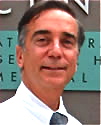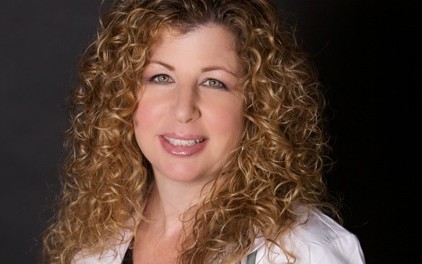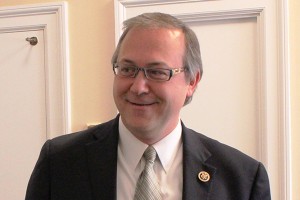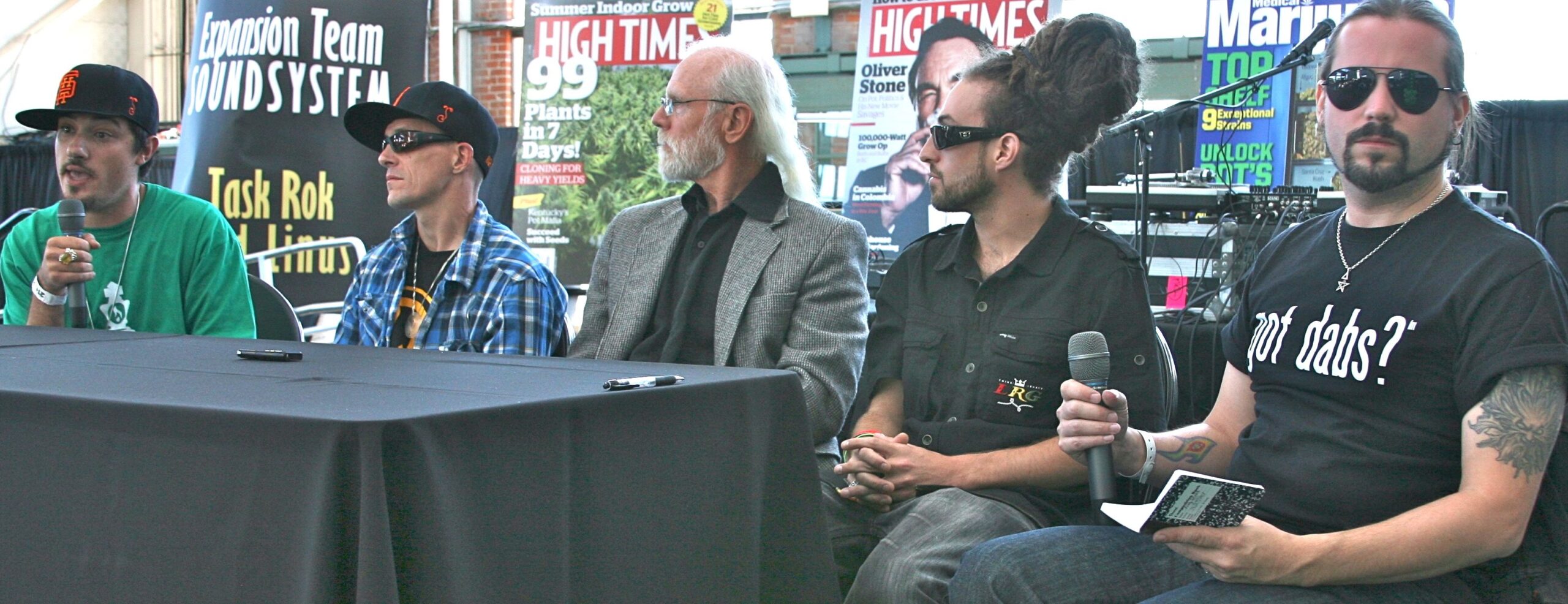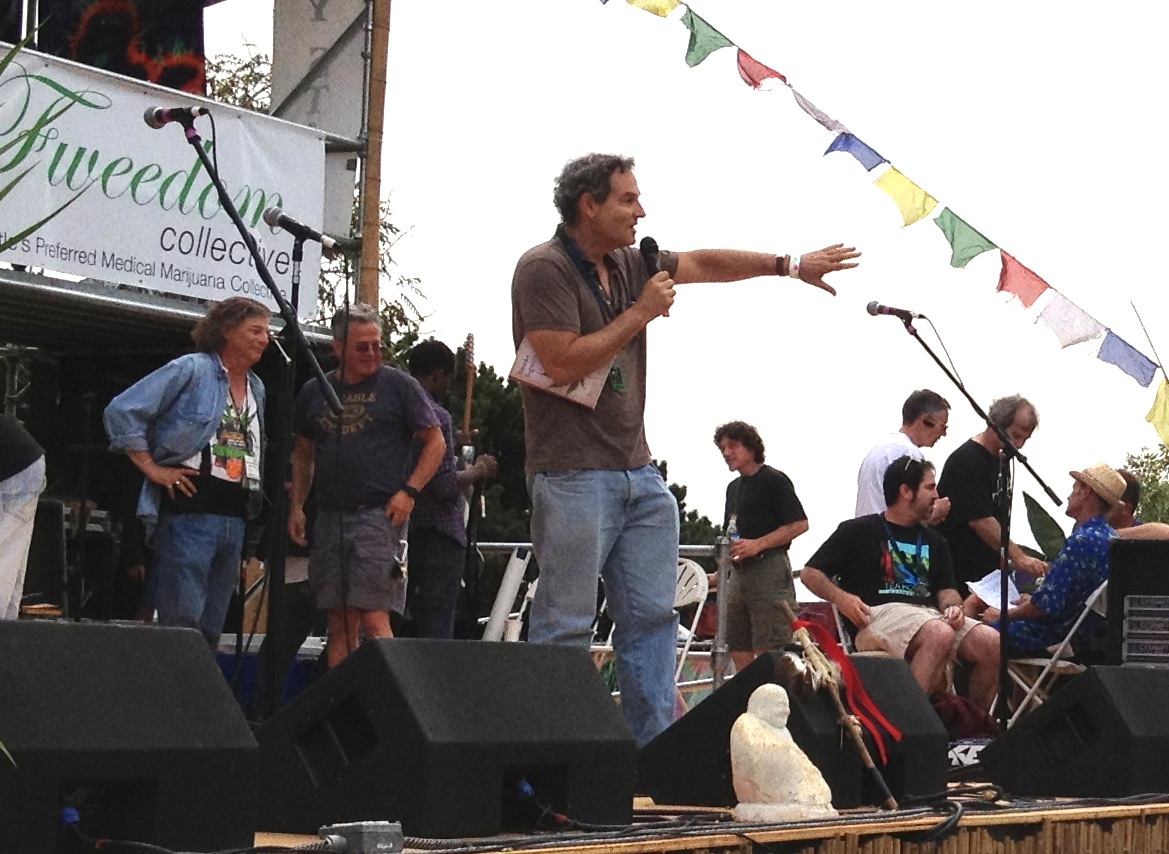By O’Shaughnessy’s News Service
On the afternoons of October 24th and 25th, 2012, UCSF and the Canadian Consortium for the Investigation of Cannabinoids, in collaboration with the Society of Cannabis Clinicians, will present Continuing Medical Education (CME) courses in San Francisco and Santa Monica. The three-hour sessions—aptly named “MMJ13001A and B”— will be chaired by Donald I. Abrams, Professor, Department of Medicine, UCSF; Chief, Hematology-Oncology, San Francisco General Hospital; Director of Clinical Programs, Osher Center for Integrative Medicine.
Here’s the course outline for the UCSF session, to be held on the Laurel Heights campus Oct. 24. The speakers have all done cutting-edge research and some important, underpublicized findings will be discussed.
- Introduction to the endocannabinoid system: Epidemiology of medical cannabis use, Clinical overview (20 mins) —Mark Ware, MD
- Marijuana Use and Medical Outcomes —Stephen Sidney, MD, MPH
- Pulmonary effects of Cannabis: COPD, Cancer and Clinical Considerations (30 mins) —Donald Tashkin, MD
- Therapeutic effects of Cannabis: Cancer and Pain Management: Clinical trials, Vaporization and Clinical Pearls (30 mins) —Donald Abrams, MD
- Cannabis in Primary Care: Issues for the Practicing Physician: IBD, Patient screening and monitoring, Clinical Pearls (30 mins) —Jeffrey Hergenrather, MD
- Cannabis: A Nursing perspective (20 mins) —MaryLynn Mathre, RN
- Conclusion and Moderated Discussion (10 mins) —Mark Ware, MD
Registration is now open!
https://www.cme.ucsf.edu/cme/CourseDetail.aspx?coursenumber=MMJ13001A ( San Francisco )
https://www.cme.ucsf.edu/cme/CourseDetail.aspx?coursenumber=MMJ13001B ( Los Angeles)
For the L.A. session on Oct. 25, Igor Grant, MD, will take Dr. Sidney’s place and talk on The Neuropsychiatric Effects of Cannabis. The following is from the course announcement by UCSF’s Office of Continuing Education:
Overview: The session will include a brief overview on cannabinoids, the types of cannabinoids currently available, and the endocannabinoid system. This will be followed by a clinically focused section on the pulmonary effects of smoked cannabis and on different conditions for which cannabinoids are therapeutically relevant. The session will close with an open forum discussion.
Objectives: The objective is to present a balanced and expert overview of the clinical use of cannabinoids to an engaged audience of healthcare practitioners in a mainstream hospital-clinical setting.
The session will focus on the clinical and practical therapeutic potential of cannabinoids and the endocannabinoid system.
At the end of the session, participants will be able to:
- Describe the components and functions of the endocannabinoid system
- Understand the effects of cannabis smoking on the lung
- Summarize the indications for existing cannabinoid therapeutic agents
- Outline the issues in cannabinoid drug trials, including safety and efficacy issues
- Explore and discuss attitudes towards cannabinoids in clinical use
He didn’t live to see it, but…
At an early meeting of the group that became the Society of Cannabis Clinicians (SCC), Tod Mikuriya, MD, said that one of the members’ goals should be to put themselves out of business. Some of the eight or nine doctors present nodded agreement; s few looked a little troubled by the prospect. Tod was looking forward to the day when mainstream medicine would acknowledge the safety of Cannabis and discover its benefits, when physicians would learn about the endocannabinoid system through CME programs (or better yet, in med school), and when so many practitioners approved Cannabis use by patients that there would be limited demand for their new subspecialty.
Bravo for the SCC and their Canadian allies, and to UCSF for its integrity in a darkening time! And let the record show that it was ML Mathre’s group Patients Out of Time that took the lead in organizing symposiums at which U.S. physicians could learn about cannabinoid therapeutcs and get CME credits.
Tod was speaking figuratively when he talked to his collleagues about “putting ourselves out of business.” There was an unspoken tag line “—as simple recommendation-issuers.” He knew that there would be a need for authentic specialists with some understanding of Cannabis and its range of effects, and how best to ingest it, and its mechanisms of action…
The day will come, for sure, when “MMJ” will be part of the standard medical school curriculum.

